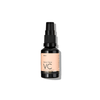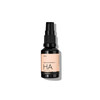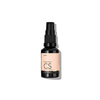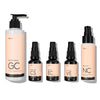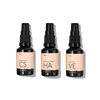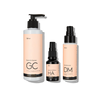7 Foods High In Collagen That Help Fight Ageing
Collagen, collagen COLLAGEN!! We feel like it's one of those things that is being screamed from the rooftops lately as THE anti-aging, skin-tightening, gut-healing elixir of the gods. And while we certainly think it's worth paying attention to, we also know that the idea of consuming more collagen can be daunting for some. I mean, what even is collagen? Is it food? A supplement? And where do I get it?! We'll answer all of those questions and more in this article, but first, let's start with the basics.

What is Collagen?
Collagen is a protein found in our connective tissue, skin, and bones. It's what gives our skin its elasticity and helps to repair any damage that may occur. When we're young, (oh when we're young...) our bodies produce collagen at an optimal level, but as we age, that production starts to decline. This is why wrinkles and sagging skin are such common signs of ageing.
Foods High in Collagen
Now that we know what collagen is and why it's important, let's talk about how to get more of it in our diets. Here are 7 foods high in collagen that will help to boost your levels naturally
1. Garlic
We all love garlic, but did you know it's more than just a tasty way to level up white bread? Garlic is a great source of sulfur, which as we now know, is necessary to stop the breakdown of collagen. It's also a potent antibacterial and antioxidant, making it great for skin health. Add it to your cooking or make simple garlic toast for an easy snack.
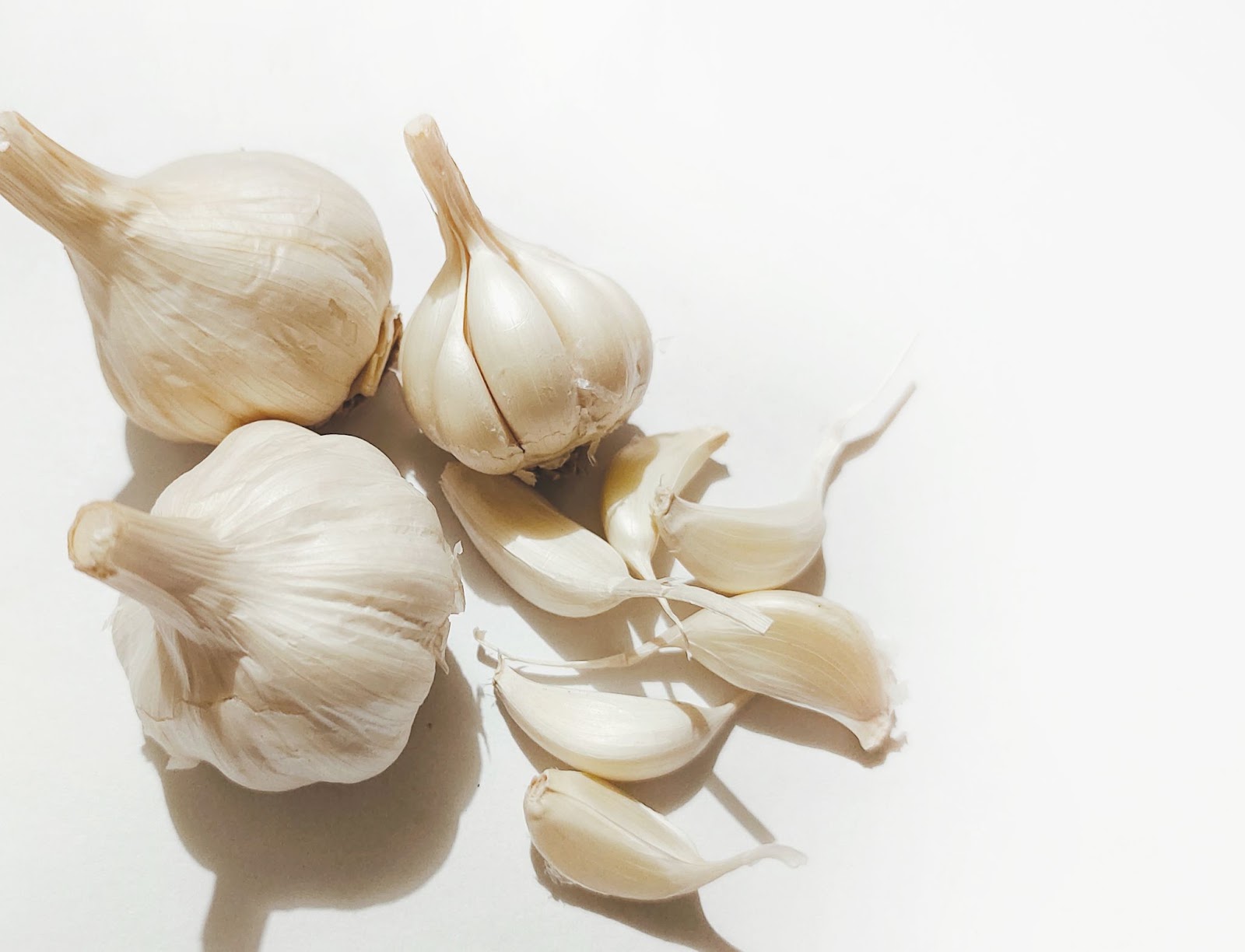
2. Eggs
Eggs are another great source of protein and also contain sulphur, which is necessary for collagen production. They also contain vitamin C, another important collagen-boosting nutrient. Eat them scrambled, poached, or however you like them best!
3. Berries
Berries are a great way to get collagen in food. They are packed with antioxidants, which help to protect your skin cells from damage and promote collagen production. They're also a great source of vitamin C, so eat up!
4. Green leafy vegetables
Green leafy vegetables like spinach, kale, and Swiss chard are rich in vitamins A and C, both of which are essential for collagen production. They're also a great source of iron, which is necessary for collagen synthesis. Add them to your smoothies, juices, or eat them cooked or raw in salads.
5. Citrus fruits
Citrus fruits are another great source of vitamin C, which as we now know, is essential for collagen production. They also contain flavonoids, which are plant-based compounds that have been shown to help reduce the breakdown of collagen in the skin. Eat them as part of a healthy diet or use their peel to make a homemade facial scrub.

6. Nuts and seeds
Nuts and seeds are a great source of healthy fats, protein, and minerals like zinc and selenium, which are all necessary for collagen production. They're also a great source of antioxidants, which help to protect your skin cells from damage. Add them to your smoothies, yogurt, or oatmeal, or eat them as a healthy snack.
7.Fish
Fish is a great source of collagen-boosting omega-3 fatty acids. It also contains high levels of protein, which is essential for collagen production. Aim to eat wild-caught fish like salmon and tuna at least 2-3 times per week.
Topical Ways to Promote Collagen Production in Your Skin
In addition to getting your collagen by ingesting it, you can also apply it topically in the form of skincare products and serums! Look for moisturisers that have hyaluronic acid or head straight for a serum. Below are two of the best if you want a high concentration of collagen boosting power.
Hyaluronic acid serum
One of the best ways you can topically promote collagen production is by using a hyaluronic acid serum. Hyaluronic acid is a substance that naturally occurs in our skin and helps to keep it plump and hydrated. It does this by attracting and retaining water in the skin. When used in a serum, it can help to plump up the skin and reduce the appearance of fine lines and wrinkles.
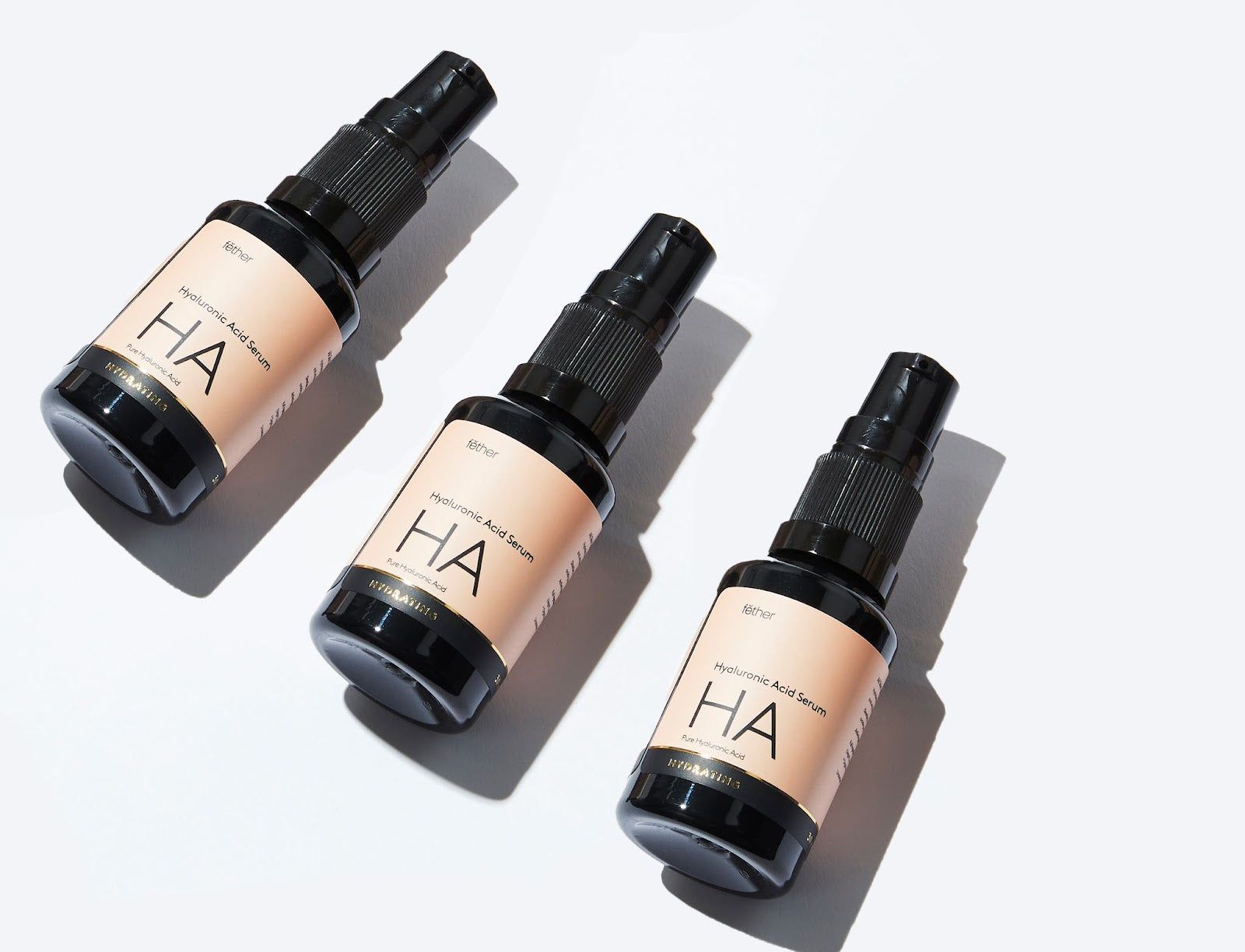
Vitamin C Serum
Another great way to promote collagen production is by using a vitamin C serum. Vitamin C is an antioxidant that helps to protect our skin cells from damage and also helps to boost collagen production. When used in a serum, it can help to brighten the skin and reduce the appearance of dark spots and wrinkles.
So there we have it. While there's no way to avoid it –– and while we are total advocates for embracing natural beauty at every age –– by incorporating collagen in foods into your diet and using these topical treatments, you can help to slow down the ageing process, keep your skin looking its best and boost collagen production.
